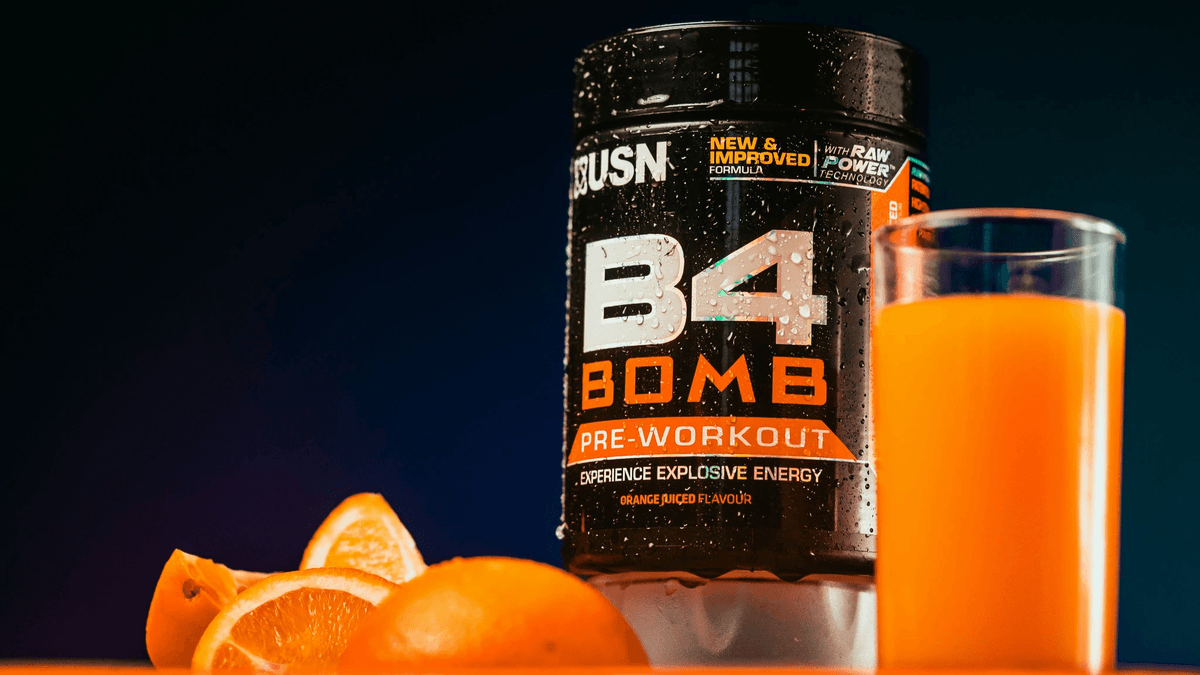Hey there, health defender!
When everyone around you is reaching for tissues, what’s the first thing that comes to mind for staying healthy? Probably Vitamin C, right? It’s the go-to immune booster in our collective consciousness.
But is it really that simple? Does Vitamin C actually help your immune system, or is it just hype? And are those supplements worth it?
Let’s break it down—no fluff, no gimmicks. Just the real deal on how Vitamin C works, what the science says, and how to get enough of it the smart way.

🧬 Vitamin C 101: More Than Just Preventing Scurvy
Vitamin C (ascorbic acid) is an essential nutrient—your body can’t make it, so you need to get it from food or supplements.
While it’s famous for preventing scurvy, it plays a much bigger role in immune health:
- Antioxidant Powerhouse Neutralizes free radicals that can damage immune cells.
- Immune Cell Production Supports the creation and function of white blood cells like lymphocytes and phagocytes—your body’s infection fighters.
- Strengthens Barriers Helps maintain the skin and gut lining, your body’s first line of defense.
- Reduces Inflammation Helps regulate the immune response and calm chronic inflammation.
🧪 The Immunity Boost Myth vs. Reality
Can Vitamin C really “boost” your immune system? Here’s what the science says:
- Prevention It may not stop you from catching a cold, but it can reduce the duration and severity—especially in people under physical stress (like athletes or soldiers).
- Treatment Once you’re sick, extra Vitamin C might offer mild relief, but it’s not a guaranteed cure.
- Maintenance Getting enough Vitamin C consistently helps your immune system function at its best.
Bottom line: It’s not a magic bullet, but it’s a key player in your immune defense team.
🥦 Don’t Just Grab Any Orange: Top Food Sources of Vitamin C
Vitamin C is found in way more than just citrus fruits. Here are some top sources:
- Citrus Fruits – Oranges, lemons, limes, grapefruits
- Berries – Strawberries, blueberries, raspberries
- Bell Peppers – Especially red and yellow
- Broccoli & Brussels Sprouts – Cruciferous and powerful
- Kiwi – Small but mighty
- Tomatoes – Fresh or cooked
- Leafy Greens – Spinach, kale, and more
- Acerola Cherries – One of the richest natural sources
Aim to eat a variety of these daily to meet your needs naturally.
💊 Supplementing with Vitamin C: When It Makes Sense
Whole foods are ideal, but supplements can help in certain situations:
- Limited Diet – If you don’t eat enough fruits and veggies
- High Stress or Physical Demand – Your needs may increase
- Convenience – Easy way to ensure consistent intake
What to Look For in a Supplement:
- Form – Ascorbic acid is most common; buffered forms (like calcium or sodium ascorbate) may be gentler on the stomach
- Dosage – RDA is 75–90 mg for adults; avoid exceeding 2000 mg/day to prevent digestive issues
- Third-Party Testing – Look for USP, NSF, or ConsumerLab certification
> 💡 Monetization Tip: This is a great place to recommend trusted Vitamin C supplements with affiliate links. Highlight different forms or brands known for quality and transparency.
✅ The Bottom Line: Vitamin C – A Key Player, Not a Lone Ranger
Vitamin C is essential for immune health, but it’s not a cure-all. Think of it as one part of a bigger picture that includes:
- A balanced, nutrient-rich diet
- Quality sleep
- Stress management
- Regular movement
- Staying hydrated
Make sure you’re getting enough Vitamin C through colorful fruits and veggies—and if needed, a quality supplement can be a helpful backup.
If this sparked something in you, pass it on. Click below to share the insight.

